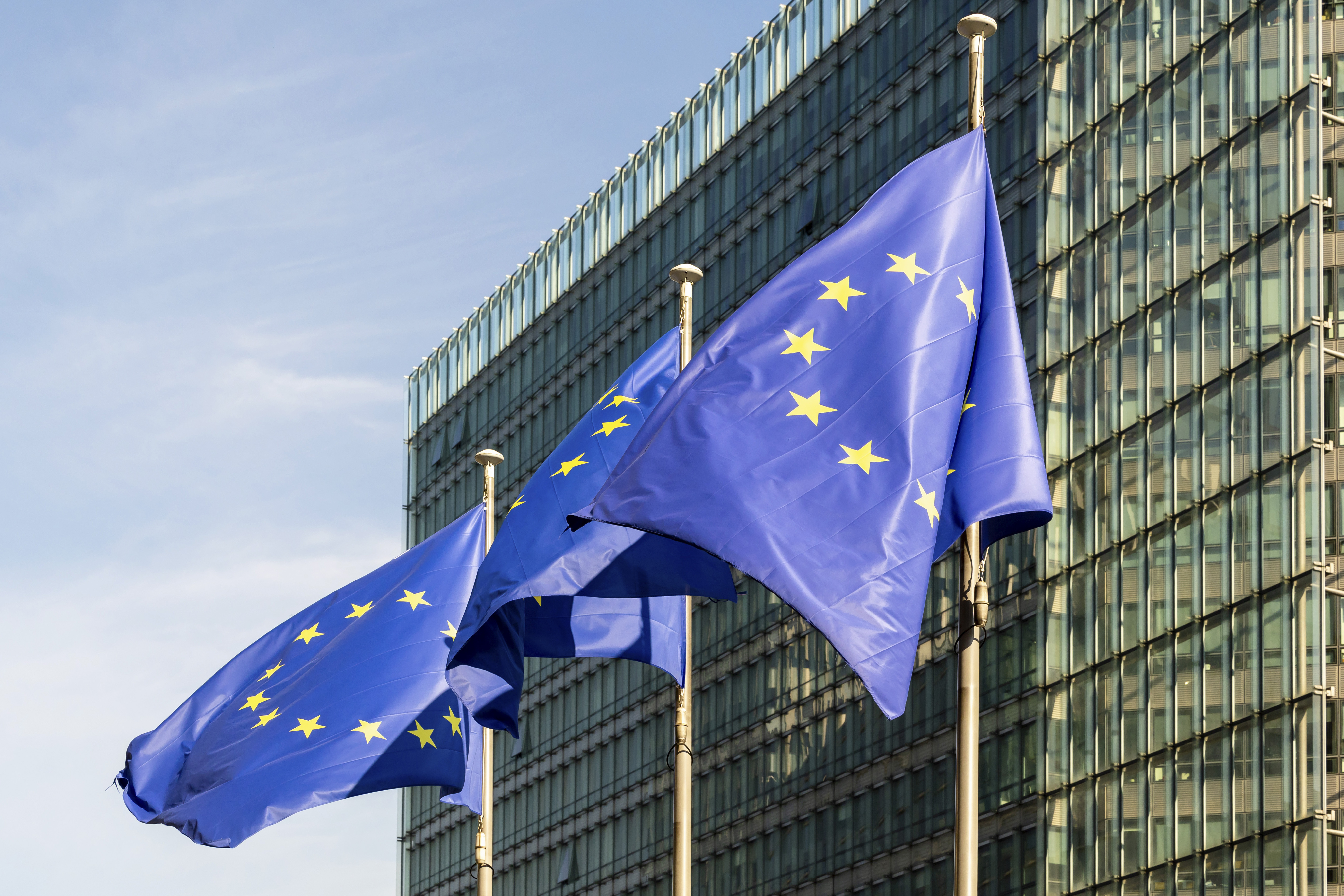
WARSAW - With higher US tariffs postponed by 90 days, European Union finance ministers will brainstorm on Friday how to use that time to reach a trade deal with Washington and how to coordinate their efforts to handle higher levies if they are unsuccessful.
US President Donald Trump said on Wednesday that he was suspending the reciprocal tariffs of 20 percent he imposed on Europe on April 2 for 90 days, though his 10 percent rate remains in place as it does for most other countries globally. He also said he expected Europe to buy more US energy to rebalance the EU-US trade relationship in goods.
"We need to use the 90 days wisely, we need a good deal for European citizens and for European companies," Polish Finance Minister Andrzej Domanski, who will chair some of the discussions, said on entering the talks.
ALSO READ: Europe, US can reach 'win-win' trade deal, Greek PM says
But ministers also made clear the EU was ready to retaliate.
"The US side has to be aware that if the negotiations don't work, we will have another discussion around the response mechanisms," German Finance Minister Jorg Kukies said.
Negotiations with Washington on how to avoid higher tariffs altogether are handled by the European Commission, which is in charge of trade policy for the 27-nation EU.
If a deal can be agreed within the next three months, possibly along the lines of the EU's zero-tariff proposal on all industrial goods, the issue would be resolved.
But a no-deal outcome is also possible. That would leave the response in the hands of the 27 EU governments that will have to help their industrial sectors hit hardest.
The industries at greatest risk from the US tariffs are steel, aluminum, cars, timber and pharmaceuticals. US tariffs of 25 percent are already in place on steel, aluminum and cars.
READ MORE: Global biz outreach on march
"The fact that we will have 90 days respite is, quite frankly, very helpful, because this means that we can now strategise and we'll have 90 days to prepare ourselves in case there is no trade to deal with the Americans," said one senior EU official involved in preparing the ministerial talks.
Impact on economic growth
The European Central Bank and the European Commission estimate the impact of the US tariffs on the EU economy would be substantial and total between 0.3 percent and 1.0 percent of GDP, depending on how the trade dispute develops.
The Commission has forecasted that the EU economy as a whole will grow 0.9 percent this year, so the US tariffs have the potential to put the EU in recession.
"It is very difficult to put figures on it now, but it is obvious that global trade difficulties will affect growth... in the euro area," the chairman of euro zone finance ministers Paschal Donohoe told Bloomberg TV.
ALSO READ: Trump pauses many of his tariffs, US stocks surge
Coordination of industry support will be key because some governments have stronger public finances and can afford to help their companies while others cannot. Such inequality would distort fair competition in the single EU market.
"I wouldn't like to see a race to the bottom in terms of supporting industries," Poland's Domanski said. "I would prefer Europe to focus on R&D, on supporting the sectors of the future, but of course it will be discussed probably also during this meeting," he said.
The EU's single market of 450 million consumers is one of the biggest assets the bloc has in any trade disputes, but to make it really effective, the EU must reduce the regulatory constraints that effectively act as tariffs.
READ MORE: China raises additional tariffs on US imports to 125%
The International Monetary Fund estimates that intra-EU trade barriers are equivalent to a 44 percent tariff on goods and a 110 percent tariff on services. EU ministers are likely to focus on reducing these obstacles to EU trade as a key response to US tariffs.


